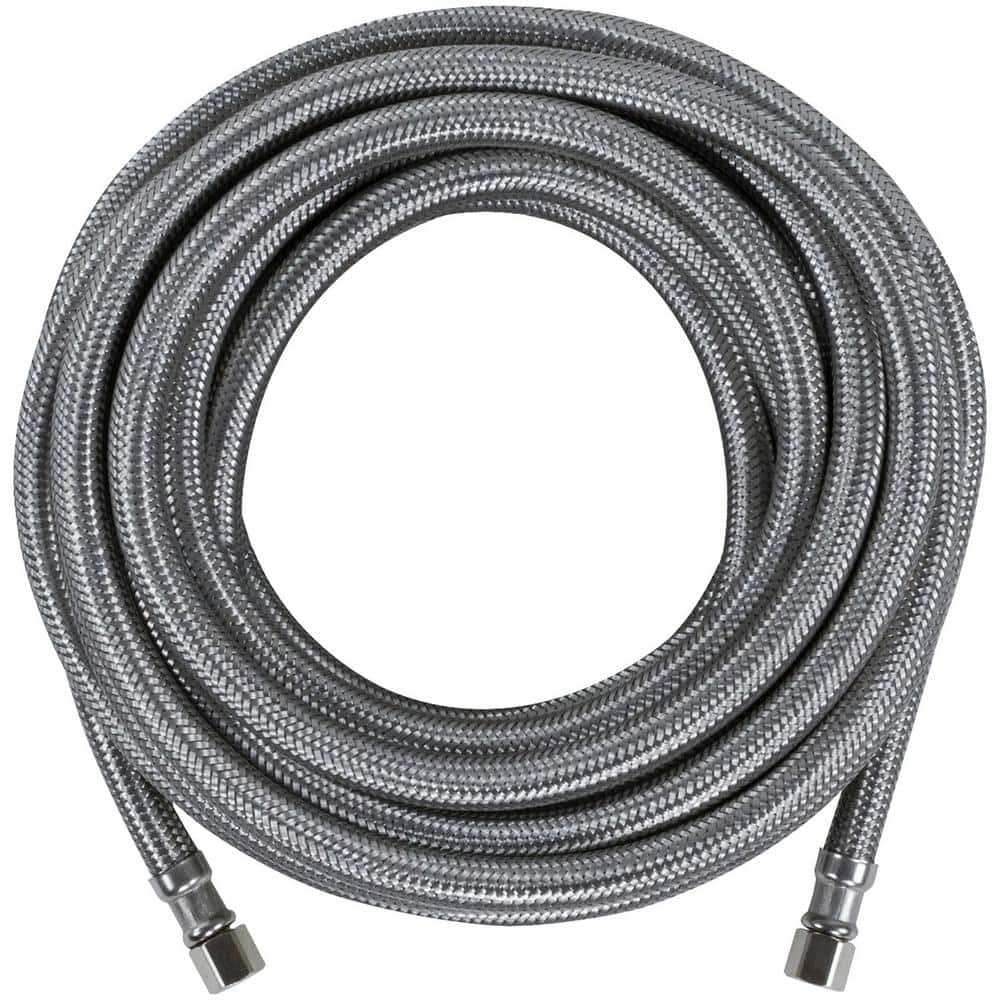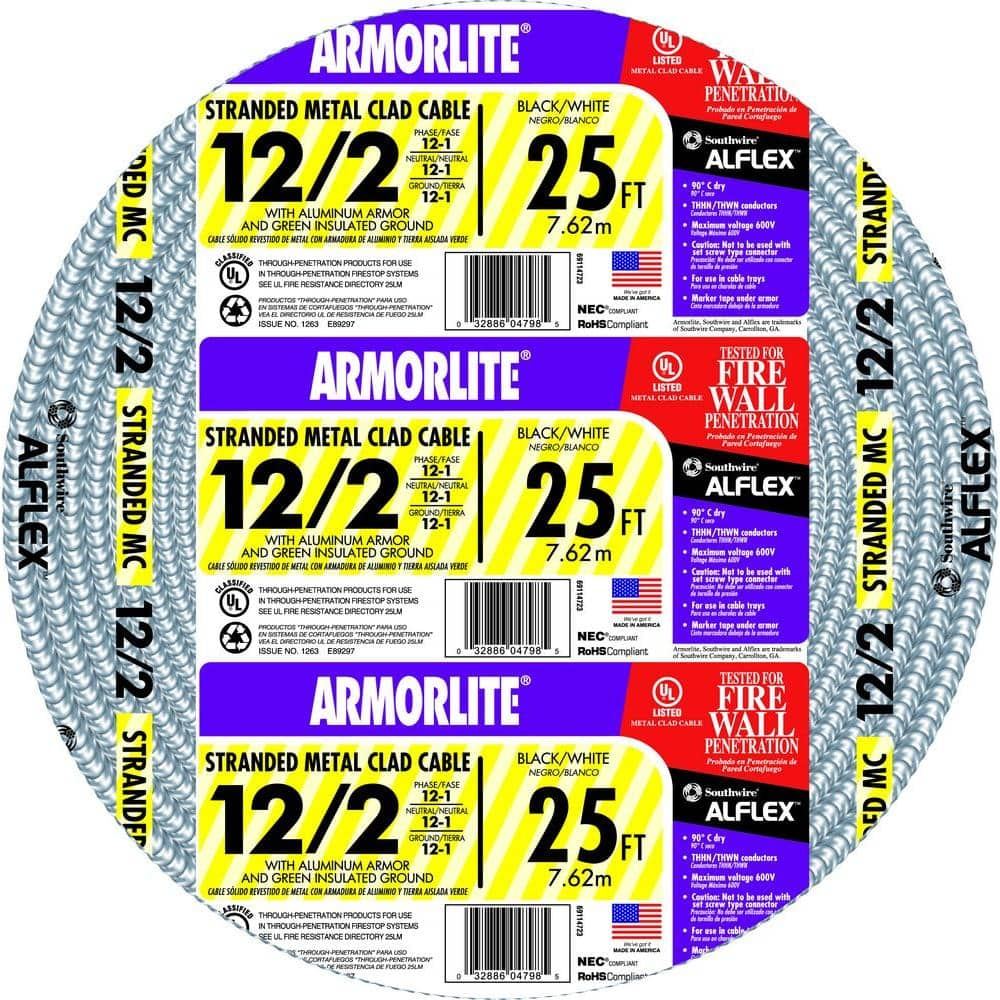I have a pair of Avantgarde Acoustics Duo XD horn speakers, which have a sensitivity of 107 dB/W. . I have them connected with 10 m (30 ft) of unshielded untwisted pro speaker cable 2x 6mm2, running beneath the ground floor, because they are on the opposite side of the room to my equipment. Recently I noticed a high pitched hum through the tweeters when a mobile phone was lying on the couch, probably about 1-1,5 meter (3-5ft) from the cable under the floor. Anyone any suggestions on how to get rid of this noise?
-
WANTED: Happy members who like to discuss audio and other topics related to our interest. Desire to learn and share knowledge of science required. There are many reviews of audio hardware and expert members to help answer your questions. Click here to have your audio equipment measured for free!
You are using an out of date browser. It may not display this or other websites correctly.
You should upgrade or use an alternative browser.
You should upgrade or use an alternative browser.
Mobile phone high frequency buzz very slightly audible through highly sensitive horns. What to do?
- Thread starter Hornfan
- Start date
Speedskater
Major Contributor
Try a ferrite choke around each cable at the amplifier end.
The speaker cable may be acting as an interference antenna for the amplifier. The interference sneaks in thru the amp's negative feedback loop and messes up the sensitive input stage.
The speaker cable may be acting as an interference antenna for the amplifier. The interference sneaks in thru the amp's negative feedback loop and messes up the sensitive input stage.
Last edited:
- Thread Starter
- #3
Thx Kevin, will try your suggestion. A few questions to clarify how it needs to be done exactly:
Do I need to put ferrite chokes on both the plus and minus cables. Or only on one of them? Is once through around the cable okay or should it be looped around several times? Thanks again for your expertise
Do I need to put ferrite chokes on both the plus and minus cables. Or only on one of them? Is once through around the cable okay or should it be looped around several times? Thanks again for your expertise
AnalogSteph
Major Contributor
You didn't say what your amplifier was, but assuming one with single-ended output, the plus lead would be the more important one (although RF is funny and trying to keep out common-mode stuff may well be worth it, so if you have plenty of clip ferrites try both, i.e. one around just the plus and one around both conductors). I wouldn't think you'd need multiple turns for good effect at what is likely to be in the GHz.
Speedskater
Major Contributor
Both conductors always need to go thru the ferrite, in the same direction. If only one conductor is used the ferrite can saturate. The ferrite needs to be very close to the amplifier. More than one turn may be looped thru the central hole of the ferrite if space is available.
Once again:
Both conductors always need to go thru the ferrite
Once again:
Both conductors always need to go thru the ferrite
- Joined
- Feb 23, 2016
- Messages
- 20,771
- Likes
- 37,635
I'd think maybe shielding the speaker cable since it is below floor. Cheap solution is buy some braided plumbing hose from a hardware store. Home Depot has it fro like $25 for 25 feet. Cover as much of the speaker cable as you can, and ground the braided hose. This is if the ferrite beads don't work.

Or you could buy some armored cable and use cable and all. You can remove the metal cladding for a few feet on each end if needed.

I'd wonder too if it is the speaker cable or getting into the amp or some upstream device.
Another idea for the speaker cable is maybe jumping across the the speaker leads with a very small capacitor value to short the cable at high frequencies while at audio frequencies nothing would be effected. Then again I'd think the capacitance of the cable itself would be enough, but maybe not. Twisted cable would be better as you said yours was un-twisted.

CERTIFIED APPLIANCE ACCESSORIES 25 ft. Braided Stainless Steel Ice Maker Connector IM300SS - The Home Depot
For years, licensed plumbers, electricians and appliance installers have relied on CERTIFIED APPLIANCE ACCESSORIES for their power cords, hoses and connectors. Now you can too. Enjoy the convenience offered
www.homedepot.com
Or you could buy some armored cable and use cable and all. You can remove the metal cladding for a few feet on each end if needed.

Southwire 12/2 x 25 ft. Stranded CU MC (Metal Clad) Armorlite Cable 69114721 - The Home Depot
Southwire Armorlite Type MC Cable is constructed with soft-drawn copper, Type THHN/THWN conductors rated 90°C dry available in sizes 14 AWG through 2 AWG, and a green insulated grounding conductor. The
www.homedepot.com
I'd wonder too if it is the speaker cable or getting into the amp or some upstream device.
Another idea for the speaker cable is maybe jumping across the the speaker leads with a very small capacitor value to short the cable at high frequencies while at audio frequencies nothing would be effected. Then again I'd think the capacitance of the cable itself would be enough, but maybe not. Twisted cable would be better as you said yours was un-twisted.
restorer-john
Grand Contributor
Anyone any suggestions on how to get rid of this noise?
Move the phone.
- Thread Starter
- #8
Probably the easiest solution, indeed!Move the phone.
computer-audiophile
Major Contributor
The phone will not interfere with the speaker cable. The interference is coupled in at a different more sensitive point of the amplifier electronics.
Last edited:
computer-audiophile
Major Contributor
Good point!You didn't say what your amplifier was...
Better still, a complete description of the front end.
Speedskater
Major Contributor
From retired Audio Engineering Society interference expert Jim Brown:The phone will not interfere with the speaker cable. The interference is coupled in at a different more sensitive point of the amplifier electronics.
Output Wiring is Important Too! It is well known, for example, that RF interference is often coupled into the output stage of audio equipment – for example, the power amplifiers that feed loudspeakers or headphones. There is always feedback around that output stage, so RF present at the
output will follow the feedback network to the input of a gain stage, where it will be detected and amplified. This problem is made much worse when parallel wire cable (zip cord) is used to feed the loudspeakers or headphones, and can usually be solved simply by replacing the zip cord with a twisted pair of POC (plain ordinary copper).
computer-audiophile
Major Contributor
Yes, this can happen. Sorry, I was unclear about that.... RF interference is often coupled into the output stage of audio equipment – for example, the power amplifiers
DonR
Major Contributor
My tube headphone amp demodulates our old DECT phone's wireless signal if it is within a meter or 2. A small Faraday cage over the tubes stops the interference (and the cat).
computer-audiophile
Major Contributor
This is a good example. If the signal tubes are not shielded and protrude from the housing, this is a good way to capture RF.My tube headphone amp demodulates our old DECT phone's wireless signal if it is within a meter or 2. A small Faraday cage over the tubes stops the interference (and the cat).
DonR
Major Contributor
I really need to get rid of the old phone as I never use the landline any more but the aforementioned anti-feline capabilities of the cage means it will likely stay in place.This is a good example. If the signal tubes are not shielded and protrude from the housing, this is a good way to capture RF.
